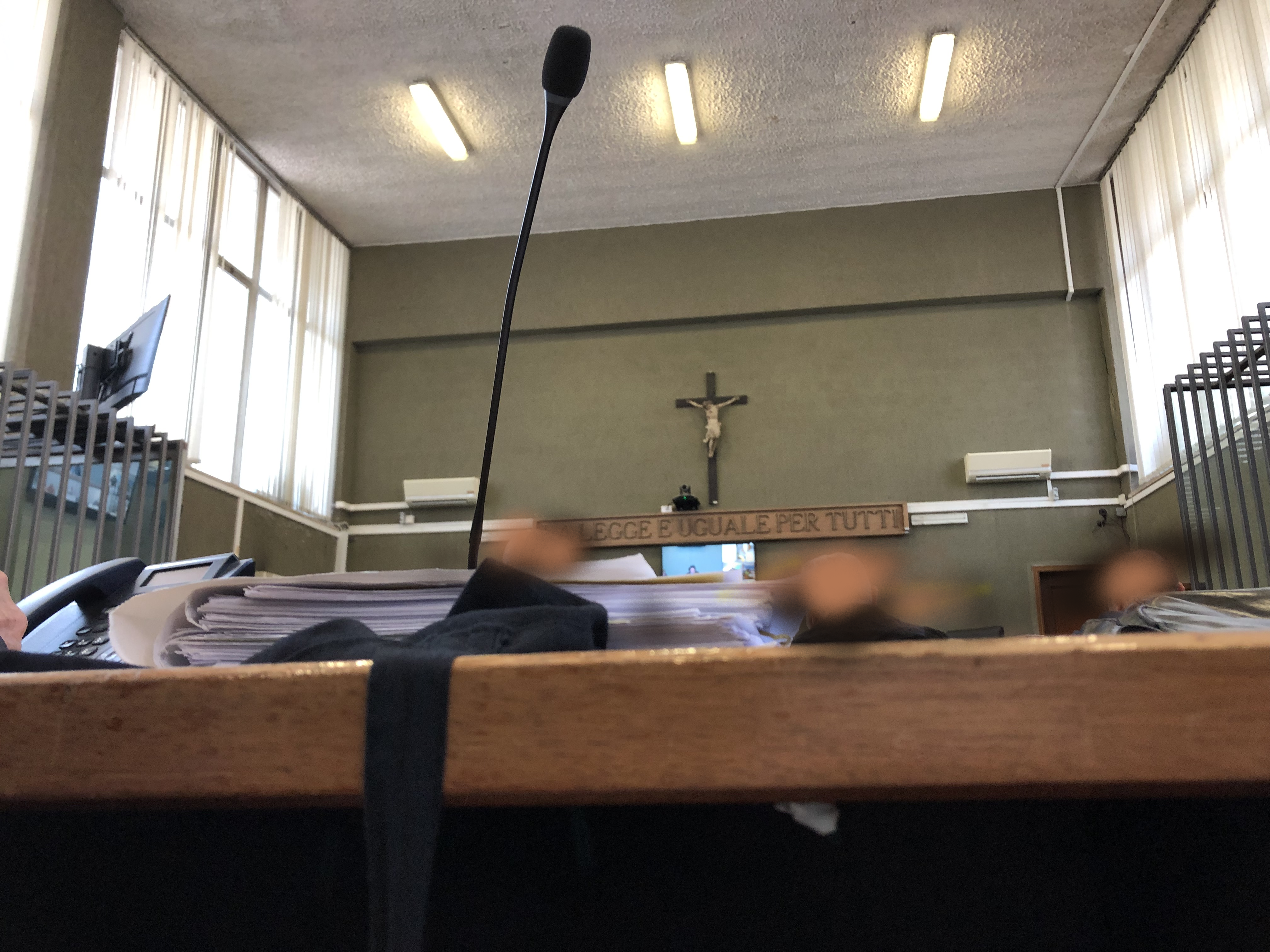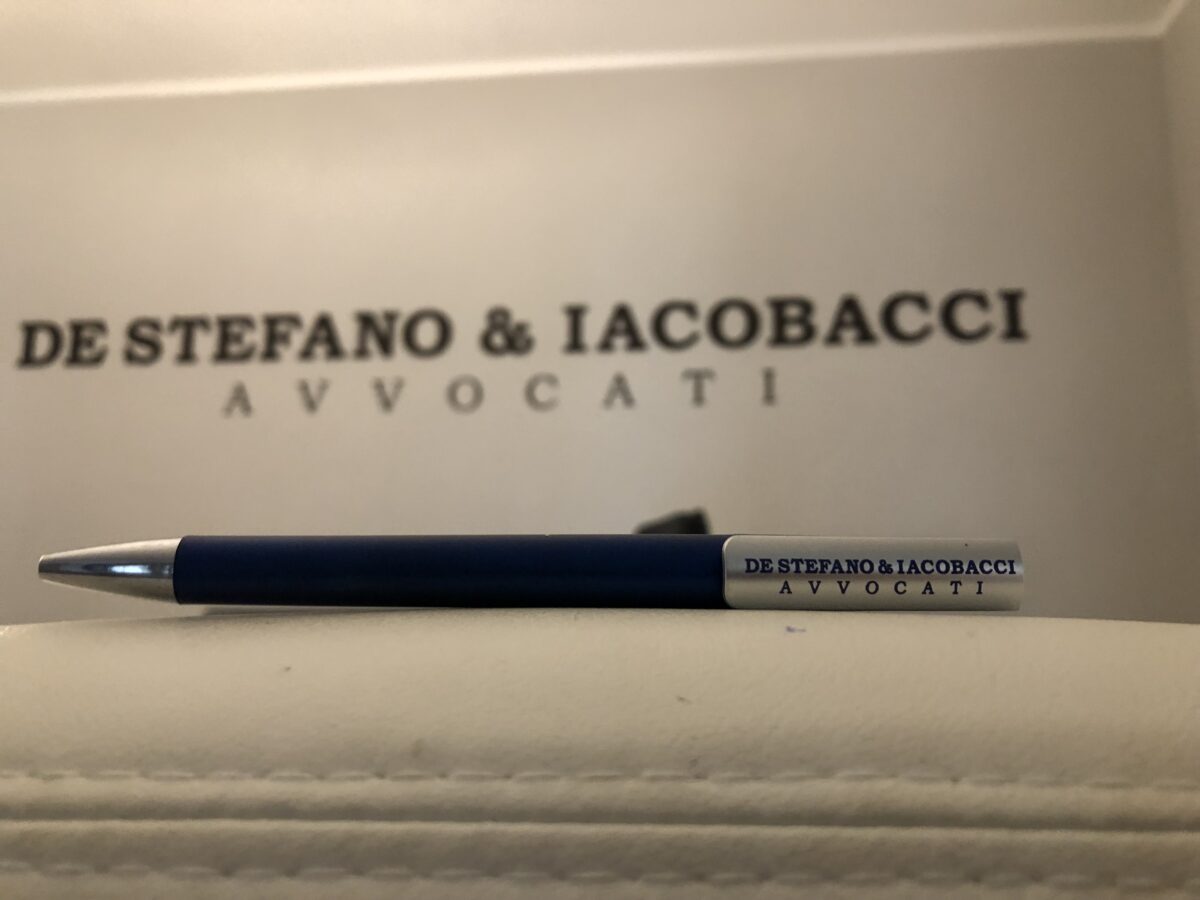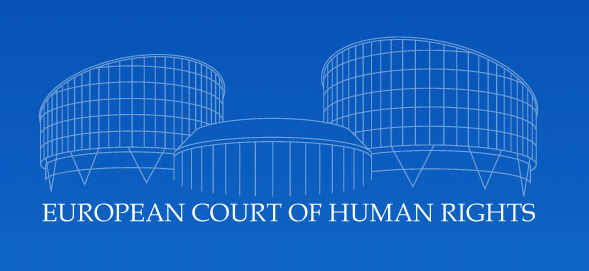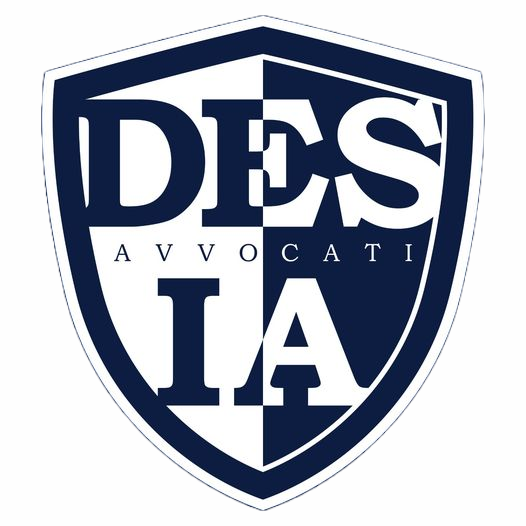The Italian Criminal Procedure System in Four Sentences
by Danilo Iacobacci – founding partner of the law firm De Stefano & Iacobacci Avvocati
- The Italian criminal procedure system is a judicial proceeding that takes place before a judge, with the participation of the public prosecutor, the defendant, and (sometimes) the civil party.
- The purpose of the criminal procedure is to determine the responsibility of the defendant in relation to a crime and to impose a penalty in case of conviction.
- The Italian criminal procedure system is divided into three phases:
- The preliminary investigation phase, which begins with the crime report and ends with the defendant’s indictment.
- The trial phase, which begins with the trial and ends with the first-instance judgment.
- The appeal phase, which begins with the appeal and ends with the Supreme Court judgment.
- The person under criminal proceedings has a number of rights, which are guaranteed by the Constitution, the Criminal Procedure Code, and the European Convention on Human Rights.
Here is a more detailed explanation of each phase of the Italian criminal procedure system:
- Preliminary Investigation Phase:
- The preliminary investigation phase begins with the crime report, which can be filed by anyone who has knowledge of a crime.
- The police or carabinieri initiate the investigation, which has the purpose of gathering evidence in relation to the crime.
- At the end of the preliminary investigation, the public prosecutor may request the judge to archive the proceedings, to indict the defendant, or to apply a precautionary measure.
- Trial Phase:
- The trial phase begins with the trial, which takes place before a single judge or a panel of judges, or before the Justice of the Peace.
- In the trial, the parties present their evidence and their arguments.
- At the end of the trial, the judge pronounces the judgment, which may be acquittal or conviction.
- Appeal Phase:
- The first-instance judgment may be appealed to the Court of Appeal or to the Supreme Court.
- The appeal is filed with the Court of Appeal.
- The appeal is filed with the Supreme Court.
- The appeal and the Supreme Court have the purpose of verifying the correctness of the first-instance judgment.
It is important to know the phases of the criminal procedure, the rights of the person under criminal proceedings, and the methods of appealing criminal judgments.
contact us if you need legal advice
Keywords:
- Crime: a behavior that violates the penal laws of a State.
- Accusation: the allegation of having committed a crime.
- Investigation: the activities carried out by the authorities to gather evidence in relation to a crime.
- Trial: the phase of the criminal procedure in which the parties present their evidence and their arguments.
- Judgment: the decision of the judge in a criminal proceeding.
- Appeal: the appeal filed against a criminal judgment.



